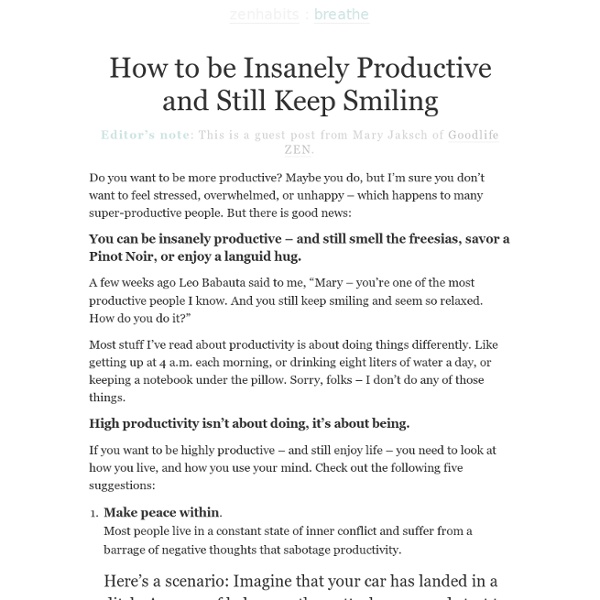Binaural beats
Binaural beats To experience the binaural beats perception, it is best to listen to this file with headphones on moderate to weak volume – the sound should be easily heard, but not loud. Note that the sound appears to pulsate. The brain produces a phenomenon resulting in low-frequency pulsations in the amplitude and sound localization of a perceived sound when two tones at slightly different frequencies are presented separately, one to each of a subject's ears, using stereo headphones. Binaural beats reportedly influence the brain in more subtle ways through the entrainment of brainwaves[3][8][9] and provide other health benefits such as control over pain.[10][11] Acoustical background[edit] Interaural time differences (ITD) of binaural beats For sound localization, the human auditory system analyses interaural time differences between both ears inside small frequency ranges, called critical bands. History[edit] Unverified claims[edit] Physiology[edit] Overview[edit] Brain waves[edit]
Mindfulness
Mindfulness (Pali: sati,[1] Sanskrit: smṛti; also translated as awareness) is a spiritual or psychological faculty (indriya) that, according to the teaching of the Buddha, is of great importance in the path of enlightenment. It is one of the seven factors of enlightenment. "Correct" or "right" mindfulness (Pali: sammā-sati, Sanskrit samyak-smṛti) is the seventh element of the noble eightfold path. The Buddha advocated that one should establish mindfulness (satipaṭṭhāna) in one's day-to-day life, maintaining as much as possible a calm awareness of one's body, feelings, mind, and dharmas. The practice of mindfulness supports analysis resulting in the arising of wisdom (Pali: paññā, Sanskrit: prajñā).[2] A key innovative teaching of the Buddha was that meditative stabilisation must be combined with liberating discernment.[3] The Satipaṭṭhāna Sutta (Sanskrit: Smṛtyupasthāna Sūtra) is an early text dealing with mindfulness. Definitions[edit] What is smṛti? Terminology[edit] John D. Chinese[edit]
Be More Present Daily, with John Kuypers
» A Simple Guide to Being Present for the Overworked and Overwhelmed
“With the past, I have nothing to do; nor with the future. I live now.” - Ralph Waldo Emerson How often are you driving while talking on a cell phone, or thinking about work problems, or the errands you have to do? How often do you eat without thinking about the food you’re eating? How often do you drift off while doing other things, thinking about something you messed up on, or worrying about something that’s coming up? I would submit that most of us are elsewhere, much of the time, rather than in the here and now. If I could only give one word of advice to someone trying to find peace in an overwhelming and stressful and chaotic world, it would be this: simplify. I can’t claim to be perfect at being present. This article came from a suggestion from commenter Mark, after I wrote about ways to create a peaceful, relaxed workday. Focus On Now There are three things we can think about: The past. It is inevitable that we will think about all three. But why should we do that?
How to hack the beliefs that are holding you back
We all have beliefs that are holding us back. Sometimes we're aware of them, sometimes not. One entrepreneur I know, who shall remain nameless, admitted (after quite a lot of wine) that he has a block around sending invoices. He was perhaps exaggerating when he said that before he could send an invoice he had to down a bottle of wine and get drunk so he could hit the send button, but even so, it was clear that he had a serious block around asking people to pay him. As an entrepreneur, that's obviously a deadly flaw. Myself, I have - or used to have - similar blocks. Another would-be entrepreneur I spoke to recently was afraid to quit his job. Now, perhaps the beliefs holding you back are of a different nature, but even if the "money thing" or the "quitting thing" don't apply to you, don't disregard this article. So, if you're aware of such a belief and want to "fix" it, what can you do to hack your brain? 1. Three things will happen from this. This is an extremely effective method. 2. 3.



